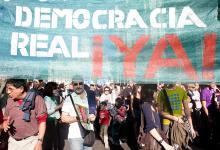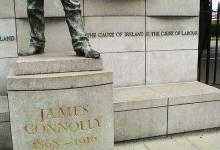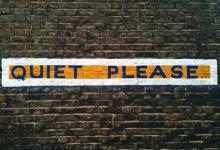Weed the citizens
The We the Citizens National Citizens' Assembly takes place this Saturday and Sunday in the Royal Hospital Kilmainham. They describe a Citizens' Assembly as 'a way in which citizens can recapture trust in the political system by taking ownership of the decision making process.' But, writes Hugh Green, the project assumes, wrongly, 'that the institutions that regulate society are a little bit short of perfection, and that what is needed, in effect, is some tweaking here and some tinkering there.'










